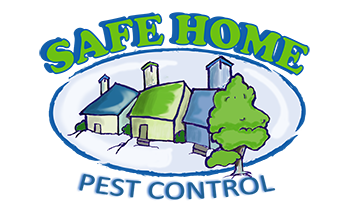Did you know that honey bee pollination adds over $15 billion in value to agricultural crops each year? Pollinators are crucial to the U.S economy, food security, and environmental health. They help to ensure that our diets include ample vegetables, fruits, and nuts. Pollinators include honey bees, native bees, birds, bats, and other insects.
In 2014 beekeepers reported losing nearly 40% of their honey bee colonies. As the honey bee population continues to decline we are at risk of losing valuable agricultural services provided by these creatures. The Monarch butterfly population is also in jeopardy. Over the last 20 years the number of overwintering Monarchs in Mexico’s forest has declined by 90%, placing their annual North American migration at risk.
In June 2014 President Obama issued a Presidential Memorandum directing a special Task Force to create a “Strategy to Promote the Health of Honey Bees and Other Pollinators.” Today the under leadership of the USDA and EPA the Task Force released its Strategy.
- Reduce honey bee colony losses to economically sustainable levels;
- Increase monarch butterfly numbers to protect the annual migration; and
- Restore or enhance millions of acres of land for pollinators through combined public and private action.
A major part of the effort is to increase the both the quality and quantity of habitats for pollinators. Plans include constructing pollinator gardens at Federal buildings and restoring millions of acres of federally funded lands. The Department of Interior and USDA are the “Pollinator-Friendly Best Management Practices for Federal Lands” to provide guidelines for planners and managers with land stewardship responsibilities.
President Obama has called people of all ages and communities to action in order to share some land with pollinators. He is encouraging an all hands on deck approach in the matter. If you would like to contribute to the cause, take some time and learn about pollinator species in your area and set aside some natural habitat for them.
- Bug Barometer Fall 2015 - October 16, 2015
- Mosquito Information - August 4, 2015
- The Buggiest Cities - July 29, 2015



Recent Comments